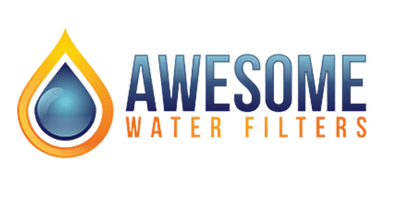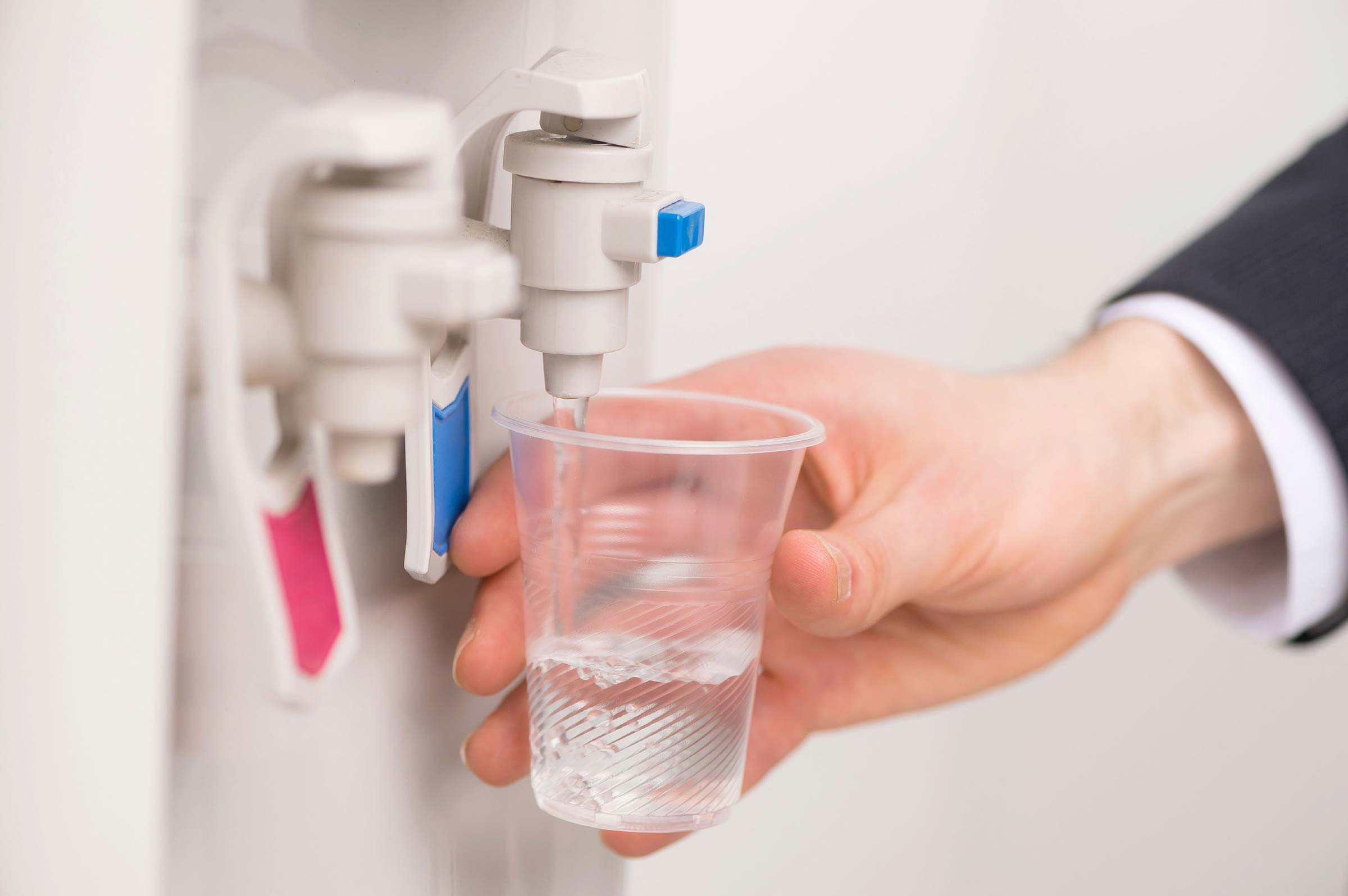Great Awesome Deals! Fast Shipping Across Australia!
Menu
-
-
Water Coolers
-
Water Filters & Purifiers
- Water Cooler Spare Parts
-
Water Filter System
-
Water Chiller
- Water Bottle
- Benchtop Water Purifier
- Water Distiller
- Replacement Water Filter Cartridges Guide
-
Locations
- Awesome Water Filters in Adelaide
- Awesome Water Filters in Darwin
- Awesome Water Filters in Hobart
- Awesome Water Filters in Brisbane
- Awesome Water Filters in Gold Coast
- Awesome Water Filters in Wollongong
- Awesome Water Filters in Sydney
- Awesome Water Filters in Melbourne
- Awesome Water Filters in Perth
- Awesome Water Filters in Canberra
-
- 1-800-789-781
- Login

Are Water Coolers Safe For Your Family?
February 28, 2025 4 min read

A sunny day would mean drinking more cold water! It’s the perfect thirst quencher and a healthier choice, too, instead of resorting to a fizzing soda drink. Back in the day, you can often see a water cooler in an office. But lately, it has been a popular appliance in homes, too. Most people love it because it’s convenient and easy to use. But are water coolers safe for you and your family?
Are water coolers safe?
Water coolers are generally safe, whether it’s bottled or not. If you decide to entrust your family’s water quality to this appliance, you should also be responsible for keeping it clean and sanitary. Just like every other piece of equipment you have at home, water coolers need to be regularly checked, cleaned, and maintained to offer you high-quality water.
What happens when not handled properly? 🚰😱
Water coolers are awesome! They give us fresh, cold water whenever we need it. But if you don’t take care of them, they can turn into a germ party 🦠🎉 and that’s NOT the kind of party you want to go to!

Ew! Germs Can Live in Your Water Cooler? 🤢
Yep! If a water cooler isn’t cleaned regularly, nasty germs can grow inside. And guess what? These germs love to spread! If you drink water from a dirty cooler, you might end up getting sick with yucky diseases like:
- Typhoid 🤒 – Makes you feel super tired and gives you a bad fever.
- Cholera 🚽💦 – Causes really bad tummy troubles (trust us, you don’t want it!).
- Dysentery 🤮 – Ouch! This one can give you terrible stomach cramps and diarrhea.

How Does a Water Cooler Get So Gross?
Water coolers can become germ factories if:
🖐️ People touch the spout with dirty hands.
💦 Water sits in the tank for too long.
🚫 It’s never cleaned (oops!).
How to Keep Your Water Safe and Clean 🛡️💙
The easiest way to keep your water super fresh and germ-free is by using a good water filter like the ones from Awesome Water Filters! Here’s what you can do:
✅ Clean your water cooler at least once a month!
✅ Use a proper water filter to remove nasty stuff like bacteria and dirt.
✅ Wash your hands before using the dispenser.
Taking care of your water cooler = no sick days, no tummy aches, just fresh, clean water every time! 💧✨ So, don’t let your water cooler turn into a germ hideout—keep it clean and stay awesome! 😃
Step By Step Water Cleaning Process
You’ll Need:
- Rubber Gloves
- Lin-Free Paper Towels/Towels
- Household Bleach (small amount)
- Bucket
- Small Cork or Plug
- Disconnect the power cord to avoid any accident while cleaning. NEVER clean a water cooler while it’s plugged.
- Remove the water gallon from the appliance. It’s best to start cleaning if the bottle is empty.
- Drain what’s left in the cooler through the cool faucet.
- Remove the straight-out white plastic or stainless steel plate/tube assembly. Depending on the model cooler you have, the baffle should pull off.
- After the baffle removal, there’ll be two visible holes at the bottom of the reservoir.
- Clean the outside of the water cooler and the faucets with hot water and mild soap. Using paper towels, carefully rinse and dry.
EXTRA PROCESS IF YOU HAVE A HOT/COOL DISPENSER
- If you have a hot and cool dispenser, Make a sanitizing solution by mixing one gallon of clean water with one teaspoon of unscented bleach. There’s no need to use any more than that!
- Wipe off the spill-free top and baffle with a towel drenched with the sanitizing solution to sanitize them. Make sure not to wet the air filter. Gently wipe it and avoid soaking it.
- After 3 minutes, it’s time to remove the sanitizing solution. To do this, fill the reservoir with fresh bottled water until full. Drain the water by opening the faucet. Repeat this process three times.
- Reconnect the cooler to the power. It will usually take around thirty minutes for the water to get hot or cold!
- You can now enjoy your safe and clean water cooler without worries!

Are Water Coolers Safe: FINAL THOUGHTS
YES! 🎉 Water coolers are totally safe—IF you take care of them!
Think of your water cooler like a pet 🐶. If you don’t clean up after it, things get messy (and stinky!). Water coolers need love, care, and regular cleaning to keep them safe and fresh.
Why You Should Care About Your Water Cooler 🚰
Your water cooler is like a VIP guest in your home. It gives you cool, refreshing water whenever you need it. But if you ignore it, germs and bacteria 🦠 will throw a gross party inside—and that’s NOT what we want!
Drinking from a dirty water cooler can lead to tummy troubles 🤢, so keeping it clean should be top priority.
Water coolers are awesome—but only if you treat them right! 😃 Think of them like a hydration superhero 🦸♂️ that keeps you refreshed. Just clean, maintain, and use a filter to keep your water fresh and safe.
Now, go enjoy your cool, clean, and tasty water! 💦🥤
Subscribe
Sign up to get the latest on sales, new releases and more …


